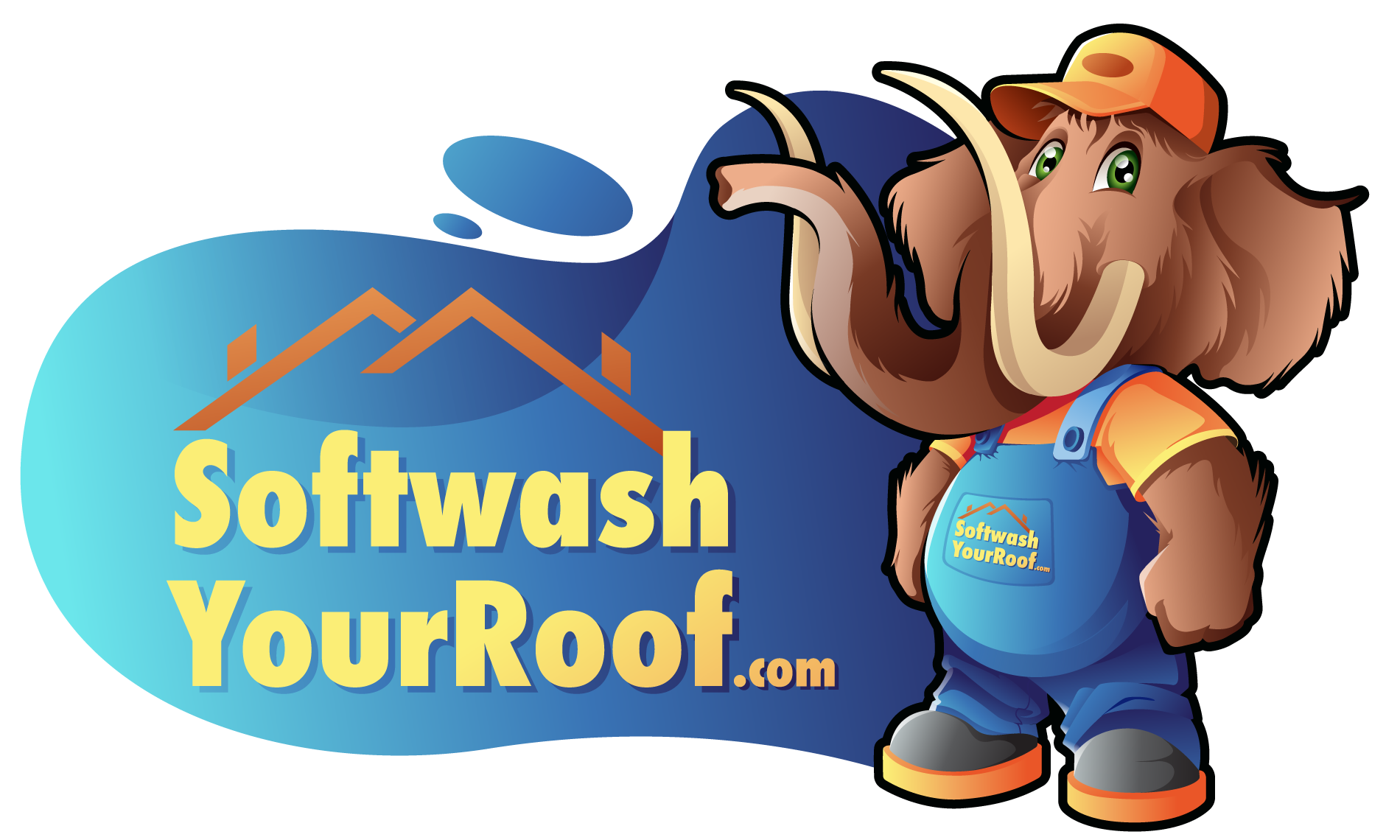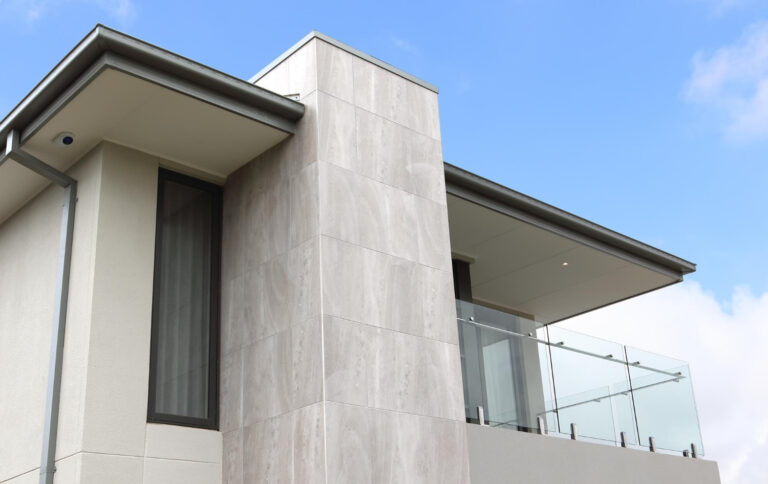From Stained to Stunning: Master Driveway Pressure Washing Today

Image Source: AI-Generated
As a homeowner, I've experienced the remarkable transformation pressure washing driveway surfaces can bring. It's not just about appearances but also about maintaining our property's value and extending the life of our outdoor spaces. This powerful cleaning method can turn grimy surfaces into spotless showcases, inspiring us to take better care of our property. But it's not as simple as pointing a hose and blasting away—there's much more to it than meets the eye.
This guide will dive into the nitty-gritty of pressure washing different driveway materials. We'll explore the unique cleaning requirements for various surfaces, from concrete driveways to pavers. I'll share the essential equipment you'll need and the safety precautions to remember. We'll walk through the pressure washing process step by step, and I'll even give you some tips on troubleshooting common issues and stubborn stains. By the end, you'll have the knowledge to confidently tackle your driveway, whether you're looking to power wash concrete or give your asphalt a deep clean.
Understanding Driveway Materials and Their Cleaning Requirements
Regarding pressure washing driveway materials, I've learned that not all surfaces are equal. Each type of driveway has its unique characteristics and cleaning needs. Understanding these specifics for concrete, asphalt, brick, and paver driveways empowers us as homeowners, making us feel more informed and knowledgeable about how to best care for our property.
Concrete Driveways
Concrete is a popular choice for driveways, and it's generally tough. However, it's also porous and can absorb stains if improperly sealed. When pressure-washing concrete, I always start with a lower PSI setting to avoid damaging the surface. I've learned that it's crucial to maintain a safe distance and use a nozzle that won't penetrate too deeply.
To clean a concrete driveway, I usually mix a solution of warm water and a mild household cleaner, like dish soap. For tougher stains, I might use a specialized concrete cleaner. For really stubborn marks, I've had success with a mixture of 1/2 cup bleach per 1/2 gallon of water.
Asphalt Driveways
Asphalt driveways require a gentler touch when pressure washing. I've discovered that using a too high PSI can damage the surface. When cleaning asphalt, I always use a lower pressure setting and keep the nozzle moving to avoid creating any damage.
I've found that pre-treating with an absorbent material like kitty litter or baking soda works wonders for oil stains on asphalt. I let it sit for a while to soak up as much oil as possible before sweeping it away and then pressure washing.
Brick and Paver Driveways
Brick and paver driveways add a beautiful, decorative touch to any property. However, they can be a bit trickier to clean. I've learned that the key is gently avoiding dislodging the individual pieces or washing away the sand between them.
Before pressure washing, I continuously remove weeds or moss growing between the pavers. Then, I use a cleaning solution designed explicitly for pavers. I've had good results with warm water and a mild detergent.
When pressure washing brick or paver driveways, I use a wide-angle nozzle and keep the pressure low. After cleaning, it's essential to re-sand the joints between the pavers to keep them stable.
No matter what type of driveway I'm cleaning, I've learned that regular maintenance is key to keeping it looking great. Sealing the driveway every few years can help protect it from stains and make future cleanings easier. This proactive maintenance approach keeps our property in top condition and makes us feel responsible as homeowners.
Essential Equipment and Safety Precautions
When pressure-washing driveway materials, having the right equipment and taking proper safety measures is crucial. I've learned through experience that using the correct tools makes the job easier and helps prevent accidents and damage to your property.
Pressure Washer Types and Features
There are two main types of pressure washers: electric and gas-powered. Electric pressure washers are great for lighter tasks around the house. They're budget-friendly, lightweight, and low-maintenance. However, I prefer gas-pressure washers for demanding jobs like cleaning concrete driveways. They're usually more powerful and mobile, which comes in handy when tackling larger areas.
When choosing a pressure washer, I always look for one with adjustable pressure settings. This feature allows me to switch between different levels of force, which is essential when cleaning various driveway materials. For instance, I use a lower setting for more delicate surfaces like pavers and a higher setting for stubborn stains on concrete.
Another feature I find invaluable is the interchangeable nozzles. These control the spray pattern and allow me to customize the cleaning process. A wide-angle nozzle is perfect for general cleaning, while a narrow, high-pressure nozzle helps me blast away tough grime.
Protective Gear
Safety should always be your top priority when pressure washing. I've learned that high-pressure water can cause serious injury if you're not careful. That's why I always gear up before starting any job.
First on my list is a pair of safety goggles. These protect my eyes from flying debris and water splashes. I once made the mistake of working without them, and let me tell you, getting hit in the eye with a tiny pebble is no fun.
Next, I always wear heavy-duty rubber gloves. These keep my hands dry and protect them from any cleaning chemicals I might be using. Speaking of staying dry, a waterproof jacket and pants are must-haves. They keep me comfortable and protected, especially during longer cleaning sessions.
Another essential item is sturdy, non-slip boots. They provide good traction on wet surfaces and protect my feet from high-pressure water. Trust me, you don't want to spray your toes accidentally!
Lastly, I always wear earplugs if I use a gas-powered washer. These machines can be pretty loud, and protecting my hearing is essential.
Environmental Considerations
When pressure washing driveways, it's crucial to consider the environmental impact. I always try to use biodegradable, eco-friendly cleaning agents. These are as effective as harsher chemicals but much gentler on the environment.
Water conservation is another important factor. I use an efficient pressure washer. Some models even have features that help reduce water usage without compromising cleaning power.
Lastly, I'm always mindful of where the runoff water goes. It's essential to prevent it from entering storm drains or nearby water bodies, mainly if I use cleaning agents. I often use berms or containment mats to control the runoff and protect the local ecosystem.
The Pressure Washing Process
Now that we've covered the basics, let's dive into the nitty-gritty of pressure-washing driveway materials. I've learned that a successful cleaning job starts long before you fire up that pressure washer. Let's break it down step by step.
Pre-washing Preparation
First, we must prepare our driveway for its big clean. I always start by sweeping the surface to remove loose debris. Trust me, you don't want rocks or twigs flying around when pressure-washing concrete!
Next, I cover nearby walls, doors, and plants with plastic sheeting and painter's tape. This might seem overkill, but it's saved me from awkward conversations with neighbors about accidental paint removal.
Before I start cleaning, I give the driveway a good once-over. I look for loose pieces of concrete or potential trouble spots. It's also a good time to determine which end is highest—that'll be important later.
Applying Detergent
Now, here's where the magic starts to happen. Applying a detergent or degreaser is crucial for getting that deep clean we're after. I mix up a solution of warm water and a specialized concrete cleaner. For tougher stains, I might use a stronger degreaser.
I use a low-pressure nozzle to apply the detergent evenly across the surface. Starting at the bottom of the driveway, I work my way up in smooth, overlapping strokes. This might seem counterintuitive, but it helps keep the detergent from running off before it can work magic.
Once I've covered the entire surface, I let it sit for about 5-10 minutes. This dwell time is crucial – it allows the detergent to break down all that built-up grime and oil.
Proper Washing Techniques
Now we're ready for the main event – pressure washing the driveway. I always start with a lower-pressure setting and work my way up if needed. It's better to go slow and steady than to risk damaging the concrete.
I use a surface cleaner attachment for most of the driveway. It's like a giant, high-powered squeegee that makes quick work of large, flat areas. I move it slowly and steadily across the surface, overlapping each pass by about 6 inches.
For edges and tougher stains, I switch to a high-pressure nozzle. I keep the nozzle moving to avoid creating lines or damaging the concrete. It's all about finding that spot between cleaning power and surface protection.
After I've cleaned the entire driveway, I give it a thorough rinse. Starting at the top, I work my way down, washing away all the loosened dirt and detergent.
And there you have it – that's how I pressure wash a driveway. It might seem like many steps, but trust me, the results are worth it. A clean driveway doesn't just look great; it also helps extend the life of your concrete or asphalt. So grab that pressure washer and get cleaning!
Troubleshooting Common Issues and Stains
When it comes to pressure washing driveway materials, we often encounter stubborn stains that won't budge. Let's explore how to tackle these pesky problems.
Oil and Grease Stains
Oil and grease stains are the bane of every driveway owner's existence. I've found that pre-treating these stains before pressure washing can make a difference. Here's what I do:
First, I sprinkle some kitty litter or baking soda over the stain to absorb as much oil as possible. I let it sit for a few hours or overnight if I can. Then, I sweep it up and apply a degreaser directly to the stain. I give it a good scrub with a stiff brush and let it sit for about 15 minutes.
Now, here's where the pressure washer comes in handy. I use a 15——to 25-degree nozzle and blast away at the stain. If it's really stubborn, I might need to repeat the process. For those extra tough stains, I've had success using hot water in my pressure washer—the heat helps break down the oil more effectively.
Mold and Mildew
Mold and mildew are not just unsightly; they can be downright dangerous. I've learned that pressure washing alone isn't always enough to eliminate these stubborn growths. Here's my go-to method:
I start by mixing one part bleach with four parts water. I apply this to the affected area and let it sit for about 15 minutes, which gives the bleach time to kill the mold spores. Then, I use my pressure washer with a wide-angle nozzle to rinse the solution and the dead mold.
White vinegar can be a great alternative to bleach for those who prefer a more eco-friendly option. First, could you test it on a small, inconspicuous area to ensure it won't discolor your driveway?
Rust and Hard Water Marks
Rust stains can be particularly tricky to remove when pressure washing driveway materials. I've found that using a rust remover before pressure washing can be a game-changer. Look for a product that contains oxalic acid – it's great for breaking down rust.
I've successfully used a mixture of equal parts water and white vinegar for hard water marks. I apply this to the stains, let it sit for about 10 minutes, then pressure wash as usual.
Please remember that addressing any of these stains is essential as soon as possible. The longer they sit, the harder they'll be to remove. And always, always test any cleaning solution on a small, hidden area first to ensure it won't damage your driveway surface.
Conclusion
Pressure washing driveway materials can be a game-changer for maintaining your home's curb appeal and extending the life of your outdoor surfaces. You can achieve impressive results by understanding the unique needs of different materials, using the right equipment, and following proper techniques. Remember, safety should always come first, and it's crucial to consider the environmental impact of your cleaning methods.
Whether tackling stubborn oil stains or battling persistent mold, the key is approaching each challenge with the right tools and knowledge.
Regular maintenance, including sealing your driveway and addressing issues promptly, can make future cleanings easier and more effective. With these tips and tricks, you can keep your driveway looking its best for years.
However, if you are overwhelmed by the task or want professional results without the hassle, don't hesitate to call the experts. Please contact Softwash Your Roof for a free quote on your driveway cleaning needs. Their experienced team can handle all types of driveway materials carefully and precisely.
Would you be ready to transform your driveway? Contact Softwash Your Roof today!
- Phone: (786) 876-3505
- Email: john@softwashyourroof.com
Let the professionals take care of your driveway while you sit back and enjoy the results!
FAQs
What cleaning agents are recommended for pressure washing a driveway?
A variety of chemicals can be used to clean driveways effectively. Natural cleaners like vinegar and citric acid are great for general cleaning. In contrast, more potent chemicals such as oxalic acid, sodium hypochlorite, sodium hydroxide, bleach, ammonia, and potassium hydroxide can tackle tougher stains.
What is the most effective solution for pressure washing a driveway?
Use a combination of pressurized water and a cleaning agent tailored for driveway cleaning for optimal results. Cleaning agents help loosen dirt, grime, and stubborn stains, making them essential for thorough cleaning.
How should I prepare my driveway before using a pressure washer on it?
Before pressure washing, treat any existing stains, such as those from gasoline or oil, with concrete cleaners or degreasers. Use a scrub brush to help break up these stains. Add a general driveway cleaner across the surface to loosen dirt and grime, allowing it to sit before washing.
What pressure should be used when pressure washing a driveway?
To clean your driveway efficiently, a pressure washer with at least 3100 PSI is recommended. While washers with a pressure range of 1000 to 2300 PSI can also clean your driveway, they may require more time to achieve similar results.








